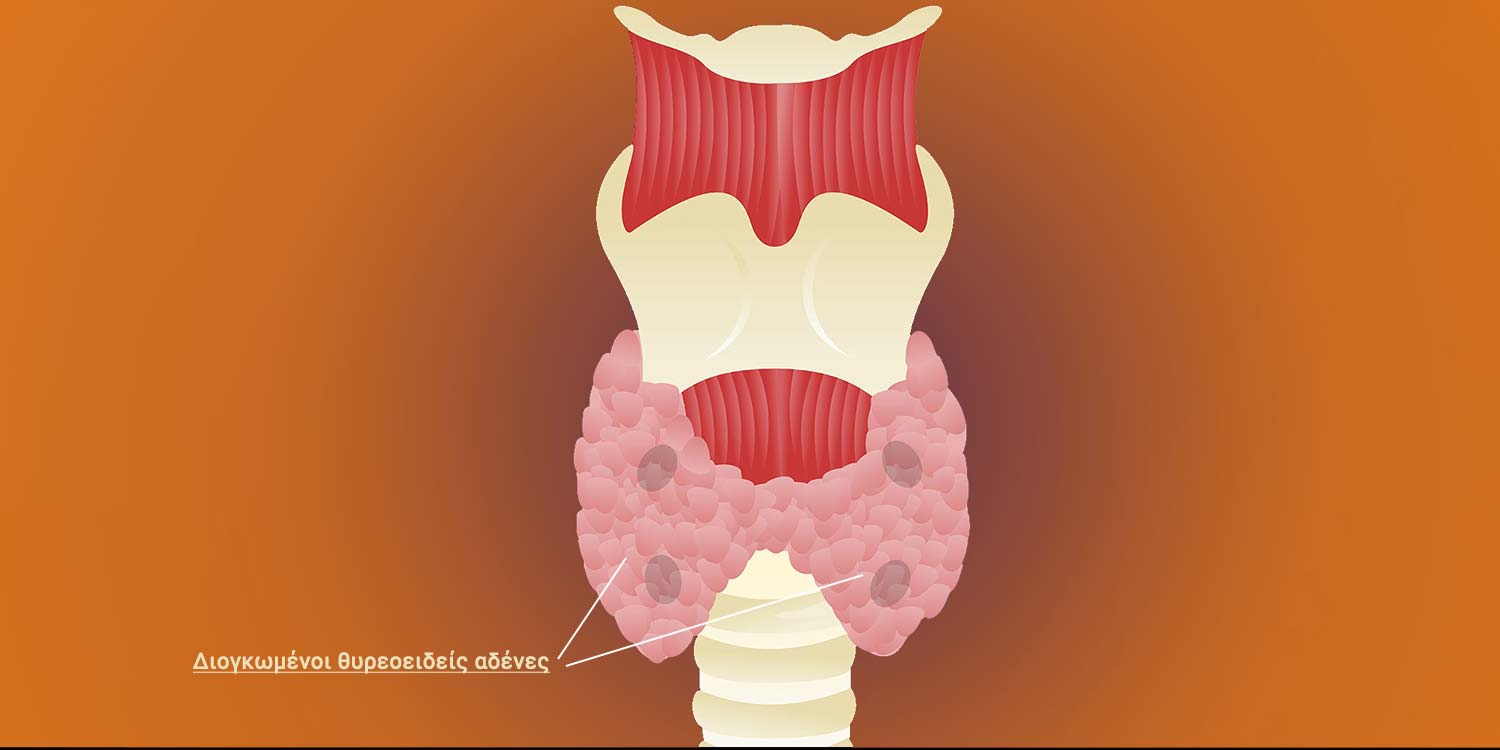Hyperthyroidism is a thyroid disorder in which there is an increase in thyroid hormone levels in the blood. It usually occurs in girls during adolescence.
It is an autoimmune condition in which the body produces antibodies that attack the thyroid, causing it to produce a large amount of thyroid hormone. The main cause of hyperthyroidism is Graves’ Disease, and in most cases there is a genetic predisposition for the manifestation of the disease. Another cause is toxic nodular goitre, which results in the excessive secretion of thyroid hormones. It may also be the initial phase of autoimmune hypothyroidism.
What are the symptoms of hyperthyroidism?
Children suffering from hyperthyroidism exhibit several symptoms including, increased appetite, weight loss, fatigue, insomnia, fast or irregular heartbeat (tachycardia), menstrual disorders (in girls), nervousness, etc.
How is hyperthyroidism diagnosed?
The endocrinologist will take a detailed family history and will order tests to measure T3, T4 and TSH levels and thyroglobulin (TGAb), thyroid peroxidase (TPO) and thyroid-stimulating immunoglobulin (TSI) antibodies. A thyroid ultrasound determines the position and morphology of the gland and detects the presence of nodules.
How is hyperthyroidism treated?
The doctor may administer anti-thyroid drugs that inhibit the overproduction of thyroid hormones, which in turn may provoke hypothyroidism that requires replacement therapy. If thyroid function is not successfully regulated, then radioactive iodine is administered. In very rare cases involving the co-existence of nodules, it is recommended that the thyroid be removed surgically.

